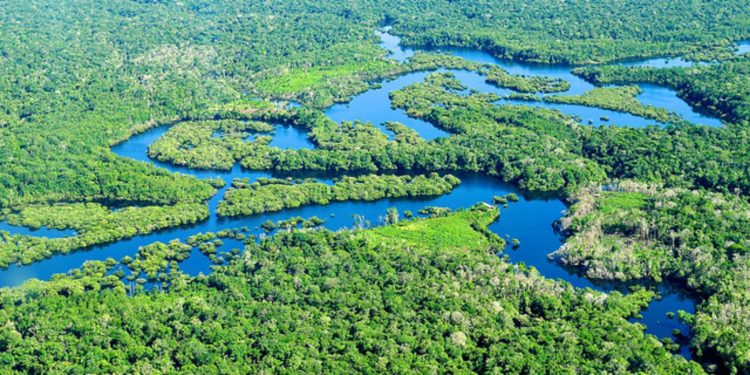Climate Change has impacted every single nation around the globe and its effects are accented this year with disastrous results. A lot of promises and assurances towards climate action by rich nations made in various international meets including the United Nations Climate Change Conference or Conference of the Parties (COP) have failed to see results. However, when a political leader is committed to fulfilling pledges he made to the people of his country, it can have far reaching effects on not just his country but beyond the borders as well. This is what is happening in the case of Brazil which is likely to have positive consequences for Latin America and the rest of the world.
In October, 2022 Luiz Inácio Lula da Silva of Brazil won the election on the pledge of protecting the rainforest of Amazon against the rapacity of timber mafia and business conglomerates ruthlessly exploiting the natural resources. He defeated Jair Bolsonaro by the narrow margin of 1.8%. But, that small margin opened a large window of opportunities to save the Amazon and the Earth from monumental environmental disaster. When Bolsonaro was in power, the Amazon rainforest, known as the ‘Lungs of the Planet’, was being exploited and denuded at an alarming rate. The extent of crimes against planet Earth committed by Bolsonaro and his accomplices can be gauged from the fact that in one year alone from August 2021 to July 2022, the area of Amazon rainforest that was cleared to serve the interests of big businesses measured the size of Qatar, according to an estimate.
Inversely, Lula’s government decided to reverse the trend from the day it assumed office. He took a series of measures to impose sanctions on companies involved in illegal deforestation and set the army to end illegal mining operations, while new conservation areas have been established. The result is for all to see – deforestation dropped by 42% during Lula’s first seven months in office. In this backdrop, a regional summit of eight Latin American countries forming the Amazon Cooperation Treaty Organization (ACTO) and sharing the Amazon rainforest, was held August 8 in Belem near the Amazon River delta in Brazil to prepare a blueprint for sustainable development. Such an event was the first in the past 14 years. Hard statistics paint a grim picture of the toll the rainforest has taken for man’s greed for natural resources.
Over the past five decades, deforestation has already wiped out 17 % of the Amazon rainforest, 60 % of which is in Brazil alone. Continued deforestation threatens to turn this immense carbon sponge into a net emitter of greenhouse gases, with the potential to trigger disastrous chain reactions throughout the world. Lula has taken the lead during the past seven months as Brazil’s President in reactivating the ACTO to promote the idea of shared responsibility among the Latin American countries where the Amazon rainforest is located. He has also roped in countries such as France, the two Congos, Indonesia, and major donors Germany and Norway for protection of the Amazon. Such commitment to arrest climate change has not been seen since the historic Rio Summit in 1992. Surely, the initiative is just a beginning by Latin American countries to bestir themselves to protect the Amazon and fight climate change on their own without relying on the plethora of promises without much substantive action made by Europe and the USA. They have a long way to go. There are some internal contradictions that came to the fore at the summit when Colombian President Gustavo Petro called for a halt to all oil exploration in the Amazon rainforest. Lula avoided making any concrete commitment in this regard since Brazil’s state owned oil company, Petrobras, has a huge project in the mouth of the Amazon. The summit has also failed to formalise a target of ending deforestation by 2030 – a commitment already adopted by Lula’s Brazil which has proved to be key to the progress his government has made this year.
Leaders at the summit were also unable to agree on a common position on the future of industries such as cattle farming and oil, which have been wreaking havoc on the rainforest. Yet, the summit declaration has identified important new areas of cooperation in combating illegal logging, mining and fires in the Amazon. This gives hope for the protection of one of the most important rainforests in the planet. It is now up to the richer nations who have benefited from exploitation of the Amazon’s resources to help the remarkable initiative become truly successful with their cooperation.






































